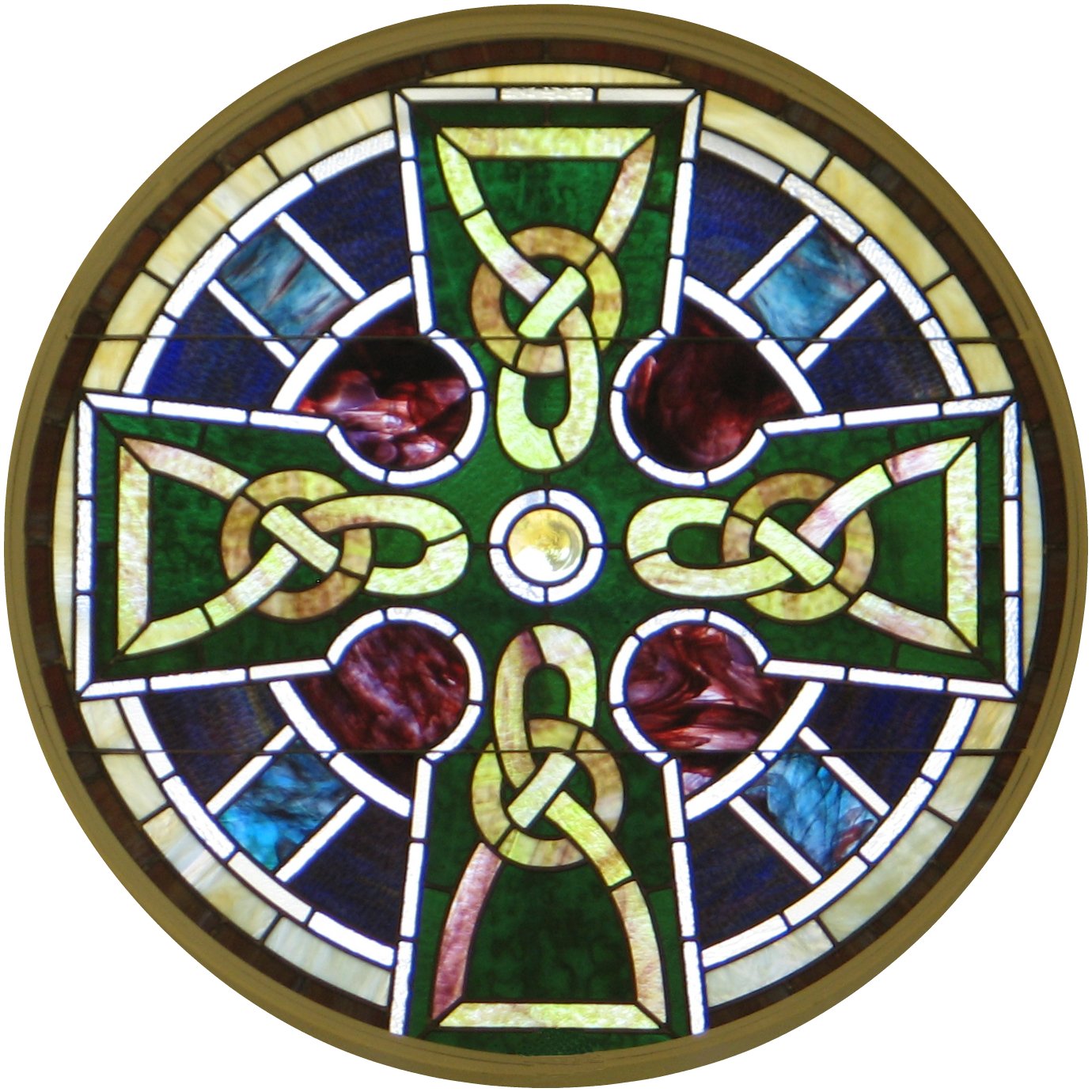7/12/20
Sermon Notes:
There are plenty of stories in the Bible that show us examples of ways to live. One of the aspects of the Bible I have found the most helpful, though, is that many of the stories of the people with whom God interacted are not examples of how we ought to live. Many of God’s people are not perfect.
As many times as not, the Biblical stories tell us how NOT to behave. The defining trait of God’s people is not their perfection, it is their care and their persistence in being in relationship with God, even if that includes periods of running, hiding, denying, and generally making life miserable for themselves and others.
The passages from the lectionary for this week provide interesting material for just this kind of consideration: Genesis 25:19-34 and Psalm 119:105-112 , Romans 8:1-11 and Matthew 13:1-9, 18-23
The story from Genesis this week (chapter 25, verses 19-34) is the story of Jacob taking advantage of Esau. Jacob should have fed his brother out of concern and generosity, but he takes advantage of the situation and robs Esau of his birthright, instead. This will not be the last time the themes of trickery and theft will show up in Jacob’s story and the stories of his descendants.
The psalmist (119) asks the Lord to show him how to live. Is it that hard to simply live? Well, as it turns out, yes, it can be. Each of us has personality traits that make us blind to ways we may be selfish, over-indulged, angry, resentful, prideful, or lacking in enough self-love and self-esteem to appreciate fully who God made us to be. Besides this, each of us has life experiences that further blind us, hurt us, unfairly shield or expose us.
The Psalmist says that God’s word is “lamp to his feet and a light to his path.” The lamp to which the psalmist refers would have been a small, earthen vessel suspended from twine and would have, indeed, only given off enough light to illuminate one’s feet and the very next step. How are we to live with God’s word? One step at a time.
Paul, in the passage from Romans (Romans 8: 1-11) contrasts the life of the flesh with life of the spirit. He believes that the mistakes of the flesh are inevitable, and that we are doomed to be lost in them unless the Spirit intervenes to free us.
As for the reading in Matthew, this is a passage that can be looked at in a number of ways. It is the parable of the sower and what happens when seed falls on different types of soils. Is this a parable about how we must sow the seeds of the gospel wherever we go, no matter what the soil looks like? Is it a story about how we should try to be good soil for God’s seed? Or is it the assurance that God sows seed graciously, abundantly, without regard to whether or not we can produce in that moment. Does this parable make you a little nervous? Does it make you feel superior to other “types of soil?” Or does it give you hope that God will never give up on us?
Take a look at the lectionary passage from this week and see what you think. As for Sunday, we will hear a reading of the story from Genesis and the parable of the story from Matthew. Stay tuned!

